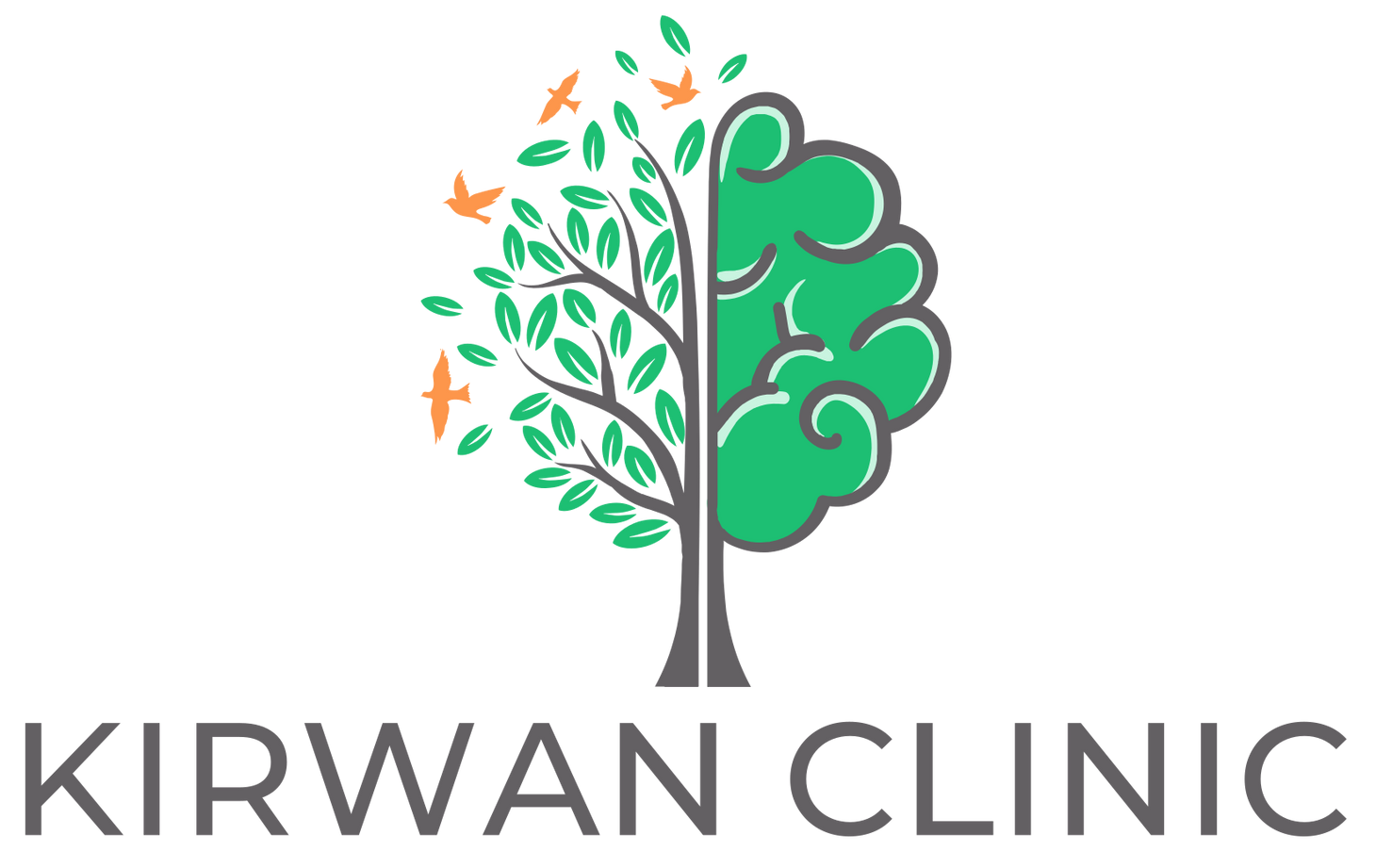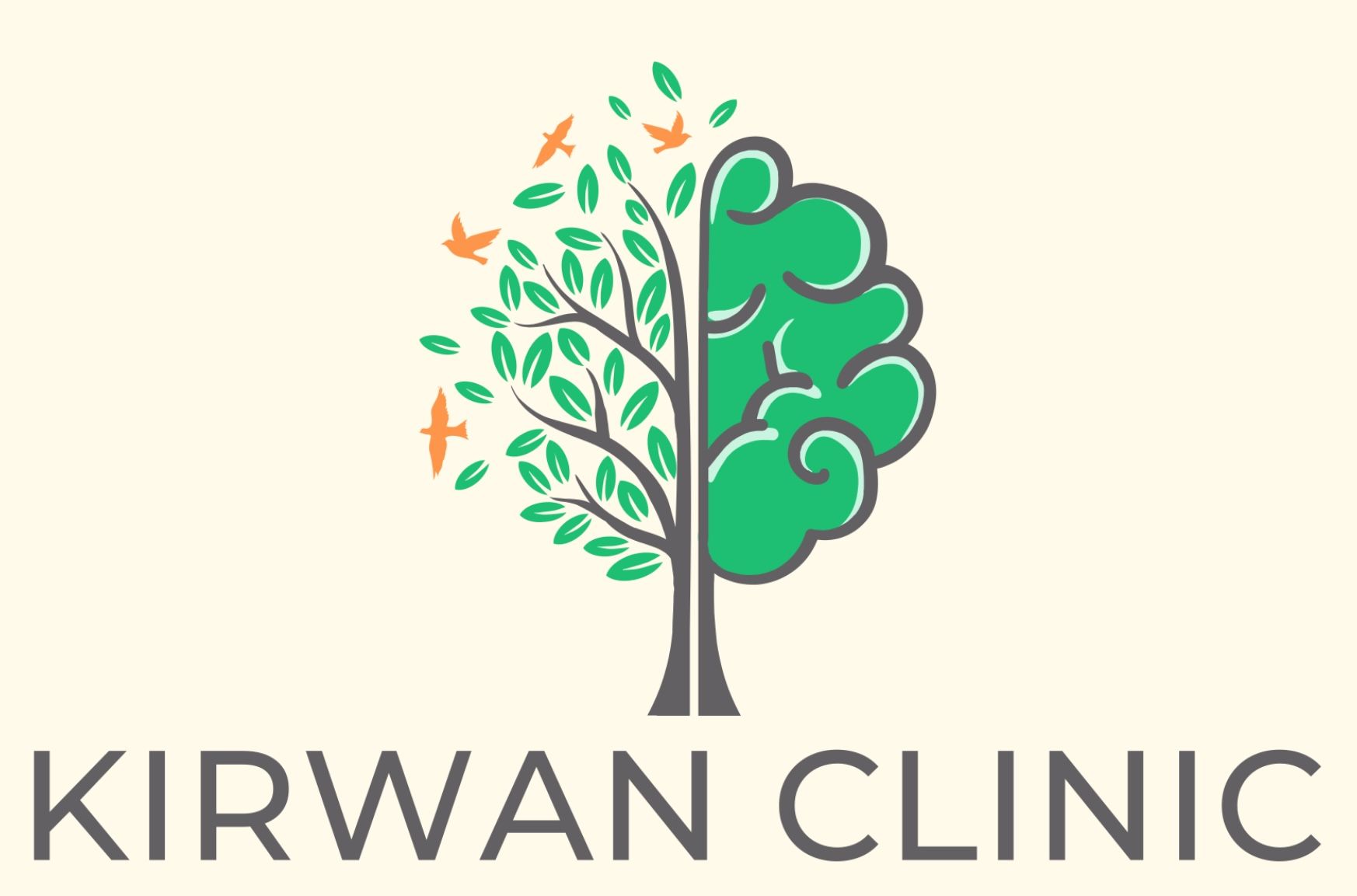Cognitive Behavioural Therapy
What is Cognitive Behavioural Therapy?
Cognitive Behavioural Therapy (CBT) is a structured, evidence-based psychological treatment that helps individuals identify and change unhelpful thought patterns, emotions, and behaviours. It is based on the principle that our thoughts influence our feelings and behaviours. By addressing distorted thinking and developing healthier coping mechanisms, CBT empowers individuals to manage stress, anxiety, depression, and other mental health conditions more effectively.
Who is Suitable for Cognitive Behavioural Therapy?
CBT is suitable for a wide range of individuals, including children, adolescents, and adults, who experience mental health concerns or emotional distress. It is particularly effective for:
- Anxiety disorders (e.g., generalised anxiety disorder, social anxiety, phobias, panic disorder)
- Depression and mood disorders
- Post-Traumatic Stress Disorder (PTSD)
- Obsessive-Compulsive Disorder (OCD)
- Eating disorders
- Sleep disturbances
- Chronic pain or illness-related distress
- Stress management and resilience building
- Anger management, emotion regulation, and behaviour problems
- Addiction and substance abuse
- Relationship difficulties and interpersonal difficulties
Benefits of Cognitive Behavioural Therapy
- Increased Self Awareness - By gaining insight into the thinking styles that aren’t as helpful for them, and then providing more useful and realistic alternatives, people can feel more resilient in tough situations.
- Improved Emotion Regulation – Helps individuals find effective emotion regulation strategies for times when they feel dysregulated
- Effective Coping Strategies – Provides practical tools for managing stress, anxiety, and depression.
- Enhanced Problem-Solving Skills – Encourages people to slow down and look at the full range of options before making a decision.
- Long-Term Impact – The skills learned in CBT can be applied throughout life to prevent relapse into negative thinking patterns.
- Structured and Goal-Oriented – Therapy is often time-limited, making it an efficient treatment option.
- Proven Effectiveness – CBT has been extensively researched and found to be effective for many mental health conditions.
- Can Be Combined with Other Treatments – It can complement medication or other forms of therapy.
Types of Cognitive Behavioural Therapy
CBT includes several variations tailored to different needs and conditions:
- Traditional CBT – Focuses on identifying and changing negative thought patterns and behaviours.
- Dialectical Behaviour Therapy (DBT) – Originally developed for borderline personality disorder, DBT combines CBT with mindfulness and emotional regulation strategies.
- Acceptance and Commitment Therapy (ACT) – Encourages individuals to accept their thoughts and emotions rather than trying to change them, promoting psychological flexibility.
- Exposure Therapy – Helps individuals face and reduce their fear responses through gradual exposure to anxiety-inducing situations (common for PTSD, OCD, and phobias).
- Schema Therapy – Aimed at addressing deep-seated, longstanding patterns of thinking that contribute to chronic mental health issues.
- Mindfulness-Based Cognitive Therapy (MBCT) – Incorporates mindfulness practices to help prevent relapse in depression.
Preparation Before Starting Cognitive Behavioural Therapy
Preparing for Cognitive Behavioural Therapy (CBT) can enhance effectiveness and help individuals get the most out of their sessions. Here are some steps to take before starting CBT:
- Identify Your Concerns – Reflect on the issues you want to address, such as anxiety, depression, stress, or behavioural patterns.
- Set Clear Goals—Consider what you hope to achieve through therapy, such as reducing symptoms, improving coping skills, or changing unhelpful behaviours.
- Be Open-Minded – CBT involves examining thoughts and emotions that may be uncomfortable. A willingness to engage in self-reflection can be beneficial.
- Prepare for Commitment – CBT is structured and may involve regular sessions, assignments, and practice outside of therapy. Consistency is key.
- Ask Questions—If you are unsure about how CBT works, discussing your concerns with your therapist beforehand can provide clarity.
- Journaling – Keeping a journal of thoughts, feelings, and triggers can help track patterns and be useful during therapy.
- Consider Practicalities – Ensure you have time for regular sessions and follow-up exercises. If you attend in person, plan for travel time. If you attend online, ensure a quiet, private space.
What Happens During a CBT Session?
CBT sessions typically follow a structured format, focusing on identifying and modifying unhelpful thought patterns and behaviours. Here’s what usually happens:
- Initial Assessment – The therapist gathers information about the individual's concerns, history, and goals for therapy.
- Setting Goals – Specific, measurable goals are established to track progress.
- Identifying Thought Patterns – The therapist helps the individual recognise negative or irrational thoughts contributing to distress.
- Challenging Unhelpful/Unrealistic Thoughts – Techniques are used to test the accuracy and validity of negative thoughts.
- Developing Coping Strategies – Practical strategies such as relaxation techniques, problem-solving, and behaviour modifications are introduced.
- Between Session Tasks – Individuals may be asked to practice new skills, complete worksheets, or track thoughts and emotions between sessions.
- Reviewing Progress – Each session includes reviewing previous exercises and discussing improvements or challenges.
Sessions are usually 45–60 minutes long and may occur weekly or biweekly.
Cognitive Behavioural Therapy Prognosis
CBT has a strong evidence base and is considered one of the most effective psychological treatments for a range of conditions. The prognosis depends on factors such as:
- Condition Being Treated – CBT is highly effective for anxiety, depression, PTSD, and OCD, among other conditions.
- Individual Commitment – Those who actively participate and apply techniques experience better outcomes.
- Severity of Symptoms – Individuals with mild to moderate symptoms often see faster improvement, while severe cases may require longer treatment. Long-standing symptoms can sometimes take longer also.
- Support System – Having a strong support network can enhance therapy’s effectiveness.
- Combination with Other Treatments—CBT can be even more effective when combined with medication or other therapies.
Studies show that many people experience significant symptom reduction after 8–20 sessions, with ongoing benefits extending beyond therapy.
Cognitive Behavioural Therapy Challenges
While CBT is generally considered safe and effective, there are some potential challenges:
- Emotional Discomfort – Discussing distressing thoughts and emotions may initially feel overwhelming.
- Temporary Increase in Anxiety – Facing fears or confronting difficult situations may cause short-term stress before improvement occurs.
- Not a Quick Fix – CBT requires effort, time, and practice; progress is gradual rather than immediate.
- Not Suitable for Everyone – Individuals with severe mental health conditions (e.g., psychosis) may require additional treatments alongside CBT, perhaps even an inpatient stay.
- Potential for Resistance – Some individuals may struggle with challenging their deep-seated beliefs or thought patterns.
While it’s never too late to start therapy, early intervention often leads to better outcomes and prevents symptoms from worsening. If CBT is not immediately available, alternative support such as self-help resources, mindfulness techniques, or professional counselling can be considered.


